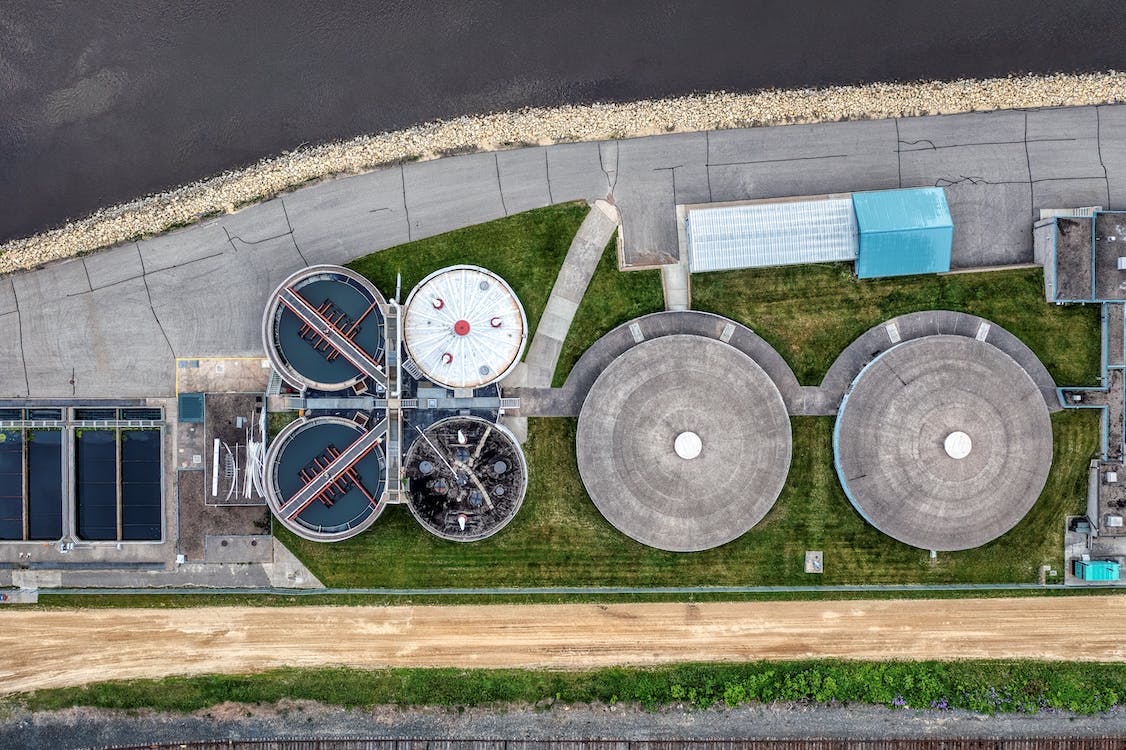- Home
- Supply Insights
- Essential Tools for Small Wastewater Treatment Plants
Discover the most common, essential tools used at small wastewater treatment plants.
Understanding the Basics of Small Wastewater Treatment Plants
Small wastewater treatment plants, typically serving populations under 10,000, play crucial roles in maintaining clean and safe water. These plants are responsible for treating wastewater from residential, commercial, and industrial sources by removing contaminants and pollutants before discharging the treated water back into the environment. Understanding how these treatment plants work is essential for efficient operation and maintenance of these facilities.
To ensure the effective operation of small wastewater treatment plants, specialized tools and equipment are required. These tools facilitate the treatment process and help in monitoring and controlling the plant's performance. Let's explore some of the essential tools found in small wastewater treatment plants.
Reliable Pumping Systems
One of the most essential systems in small wastewater treatment plants is a reliable pumping system. This system is responsible for transferring wastewater from one treatment unit to another. It ensures a continuous flow throughout the treatment process, allowing for efficient treatment and minimizing the risk of clogs or backups.
A reliable pumping system should handle the varying flow rates and solids content commonly found in wastewater. It should also be resistant to corrosion and abrasion, as wastewater can contain corrosive substances and abrasive particles, and energy efficient to account for lower operating budgets. Consider a grinder pump for flows with inorganic material. Trash pumps can be used on job sites where debris and other materials are mixed with the water. Submersible pumps can be utilized on job sites when a trash pump is not suited for a particular application.
Regular maintenance and inspection of the pumping system are crucial to prevent failures and ensure its optimal performance. Any signs of wear or damage should be addressed promptly to avoid disruptions in the treatment process. In order to perform regular maintenance and inspection of pumping systems, it is necessary to ensure that you follow the proper LockOut Tagout protocols and wear the proper PPE.
Efficient Aeration Systems
Biological treatment is a key process in small wastewater treatment plants, as it helps remove organic matter and pollutants from the wastewater. Efficient aeration systems play a vital role in promoting the growth of aerobic microorganisms that break down organic matter through natural processes.
Aeration systems provide a constant supply of oxygen to the microorganisms, allowing them to thrive and efficiently degrade the organic pollutants. These systems can include diffused aeration, surface aerators, or mechanical aerators, depending on the specific needs and design of the treatment plant.
Proper design and operation of the aeration system are essential to ensure optimal treatment efficiency. Factors such as oxygen transfer rate, mixing intensity, and energy consumption should be considered when selecting and maintaining aeration equipment.
Real-Time Monitoring
Maintaining process stability is crucial for operating a small wastewater treatment plant. Accurate monitoring and control instruments are necessary to continuously assess process performance and enable the ability to make changes to optimize the process performance.
These instruments can include pH meters, dissolved oxygen sensors, turbidity meters, and flow meters, among others. They provide real-time data on various parameters, allowing operators to monitor the treatment process and identify deviations or abnormalities. Many instruments offer process control along with data compliance reporting (NPDES).
With the help of advanced control systems, operators can automate certain processes and optimize the plant's performance. This improves efficiency and reduces the risk of human error to ensure consistent treatment quality.
Robust Filtration Systems
Solids separation is an important step in the wastewater treatment process, as it helps remove suspended solids and particles that can cause pollution and clog downstream equipment. Robust filtration systems are essential for efficient solids separation in small wastewater treatment plants.
These filtration systems can include various technologies such as sand, membrane, or multimedia filters. They are designed to effectively remove particles of different sizes and ensure the treated water meets the required quality standards.
Regular maintenance and cleaning of the filtration systems are necessary to prevent clogging and maintain optimal performance. Backwashing or replacing filter media, as well as monitoring pressure differentials, are some of the maintenance tasks that should be carried out regularly.
Dependable Sludge Management Tools
During the treatment process, small wastewater treatment plants generate sludge, which consists of solid waste separated from the wastewater and settling at the bottom of tanks and ponds. Proper management and disposal of this sludge are essential to prevent environmental contamination and ensure compliance with regulations.
Dependable sludge management tools, such as sludge interface detectors, samplers, and drying beds, are used to reduce the moisture content in the sludge and facilitate its disposal. These tools help minimize sludge volume and make it easier to handle and transport.
The dewatered or dried sludge can then be further treated or disposed of through methods such as incineration, composting, or land application. Proper handling and disposal of sludge are crucial to prevent the release of harmful substances and protect the environment.

